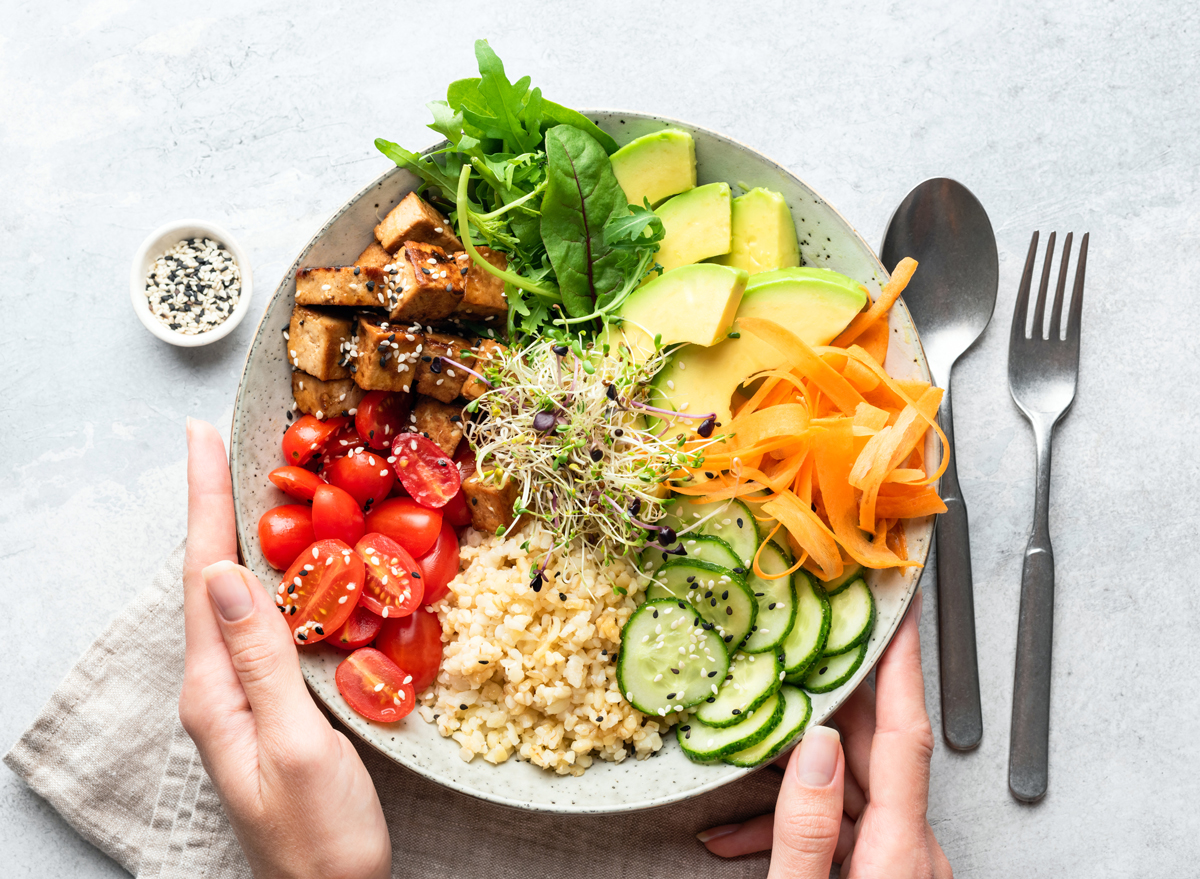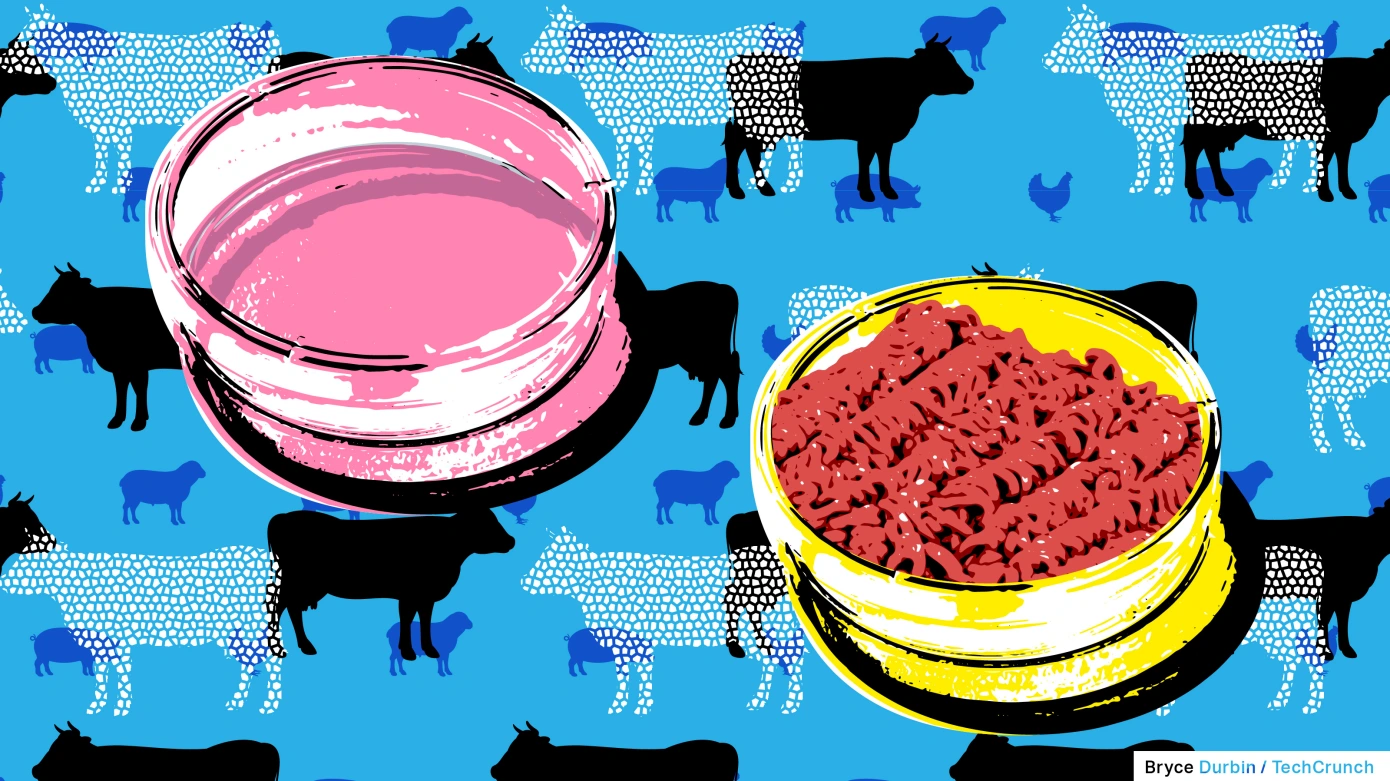Finding the right diet during menopause can be tricky but a health expert has advised women to switch to a specific diet in order to keep their weight at bay.
Weight gain during menopause can leave women feeling deflated and unlike themselves and worrying whether they’ll ever be able to shift their unwanted pounds. And with so many diets out there targeted at menopausal women specifically, one method has been found to help put an end to not only their weight gain but other symptoms, too.
Plant-based diets have been found to help women shed pounds without restricting their food.

They are also linked to reduced symptoms such as hot flashes, where a daily serving of whole soybeans over 12 weeks helped reduce moderate-to-severe cases in menopausal women by 84 percent.
A 2018 trial, published in the National Library for Medicine, uncovered that menopausal women who followed a vegan diet with no other food restrictions lost “more weight at a higher rate overall” than those following a low-fat restricted diet.
Nutrition experts often recommend sticking to a balanced diet made up of whole foods, fruits and vegetables on a vegan diet, which will help them maintain a healthy weight.

Nanette Santoro, the chair of obstetrics and gynaecology at the University of Colorado School of Medicine in Aurora and a longtime menopause researcher noted that weight gain will differ from person to person.
She explained a percentage of women will experience “more rapid weight gain and more fat accumulating around the abdomen during the menopausal transition”.
Ms Santoro recommended that women switch their diet habits to whole foods in order to keep their weight at bay.
“What women should take from this is that they should be focusing on eating food – real food, not processed,” she said, referencing Michael Pollan’s advice from In Defence of Food. “Mostly from plants and not too much.”

In a 2021 study of postmenopausal women, those following a plant-based whole food diet (limited processed foods), were able to maintain their diet and weight successfully for a year.
The researchers observed that the participants who had made a change to a plant-based diet seemed to be “more engaged” in cooking and trying out new recipes.
A vegan diet doesn’t warrant food from animals, such as dairy and meat, so it is important to find new ways to incorporate alternative foods into a diet that still provides adequate nutrition.
While there are a variety of different vegan diets to follow that are meat-free, they all share many of the same ingredients.
Experts found that going plant-based can help keep blood sugar in check due to all the fibre in vegetables, fruit, legumes, and whole grains.

Fibre can lower cholesterol and help you maintain good bowel management.
Rather than cause insulin in the body to spike, which leads to storing calories as fat, these foods help the body burn fuel steadily.









